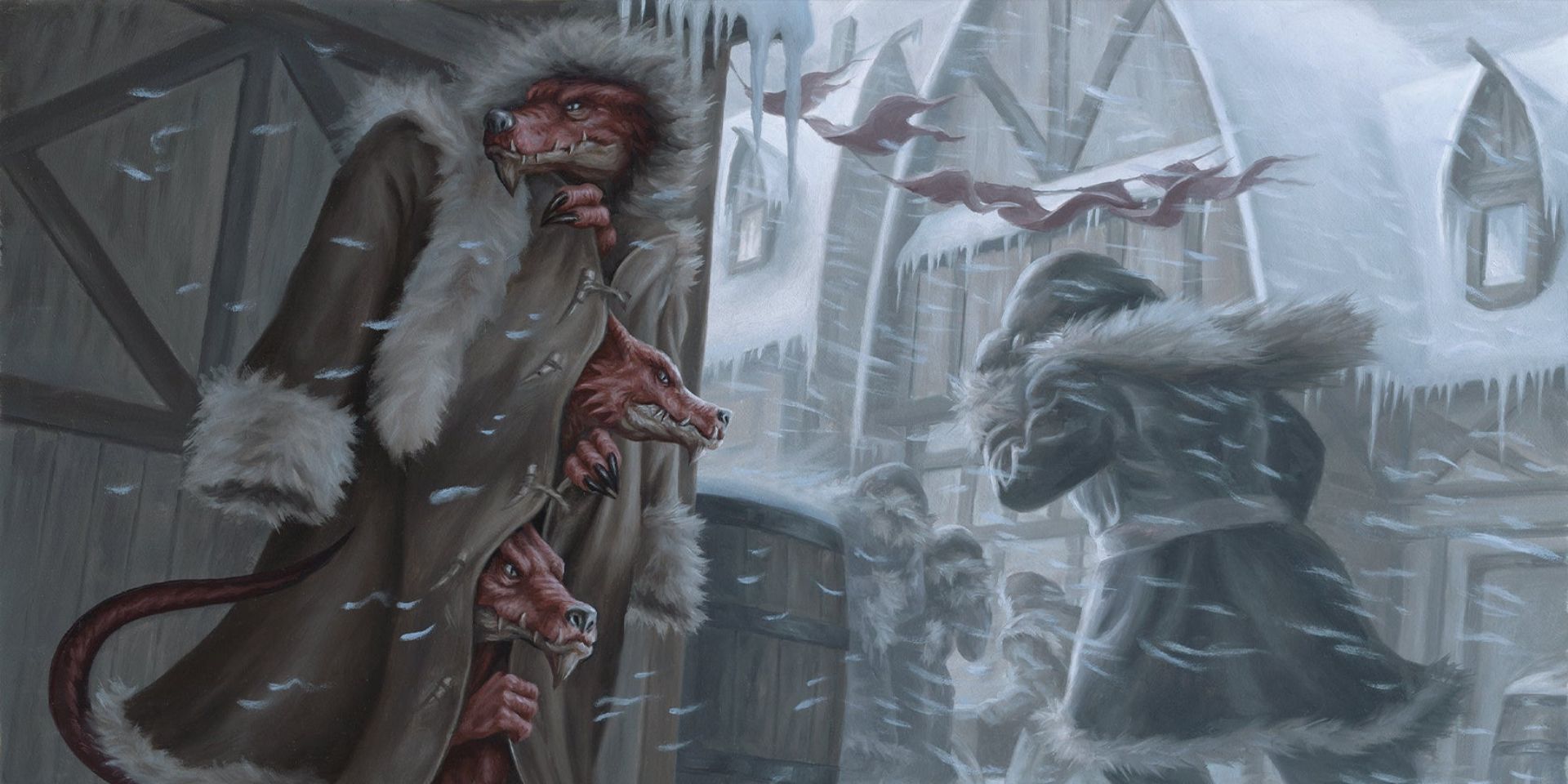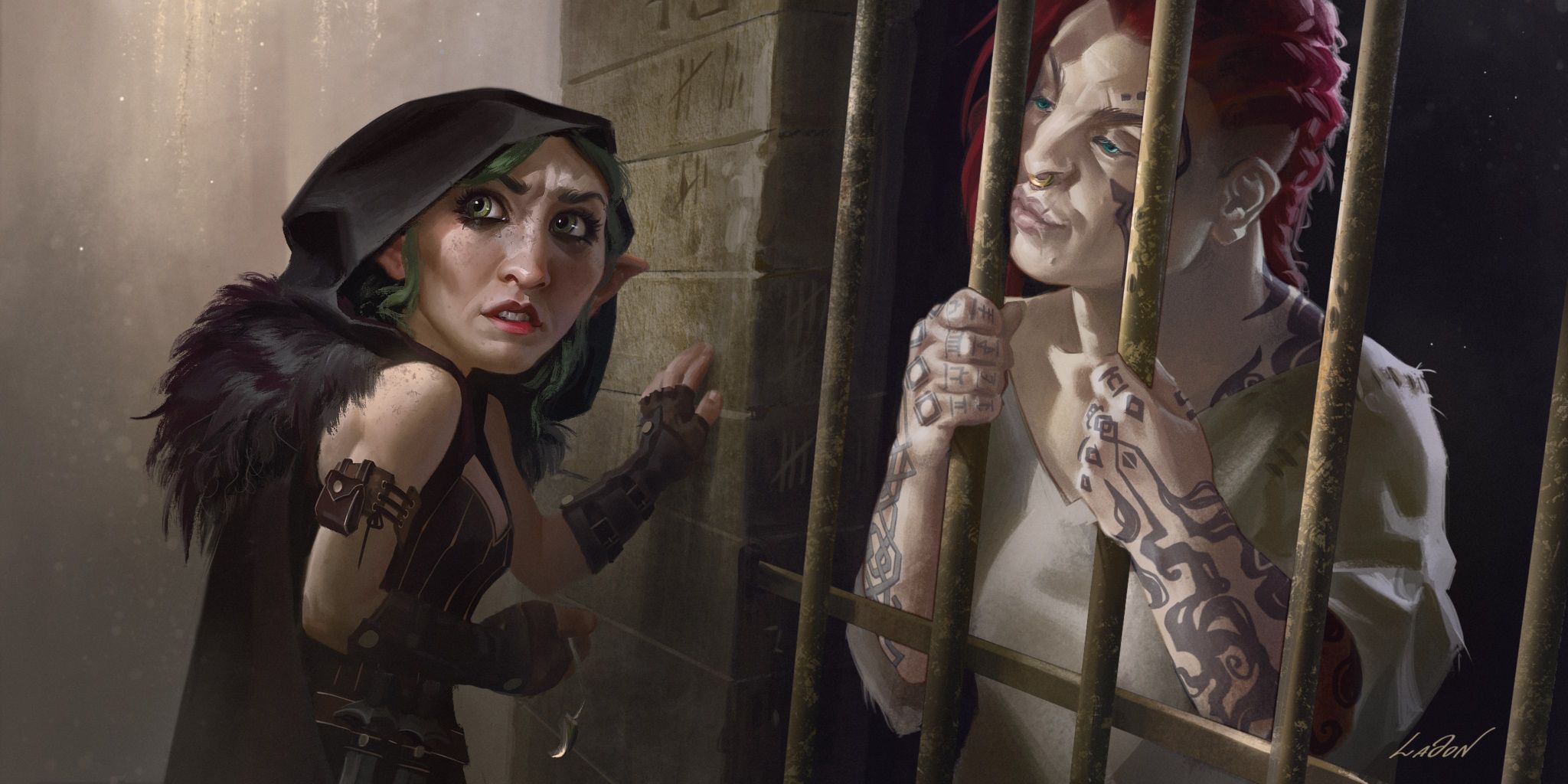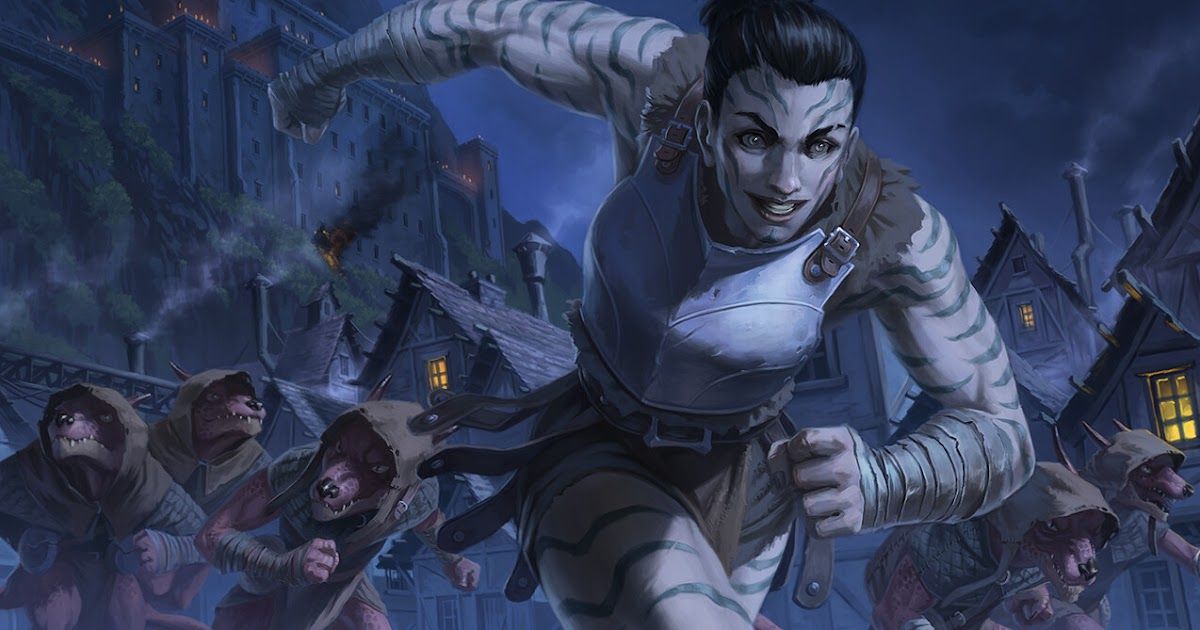Tabletop roleplaying games like Dungeons & Dragons let players put themselves in the shoes of fantasy heroes, daring adventurers, and other kinds of fictional characters with remarkably different lives, but characters with flaws - genuinely tragic or debilitating flaws - can more interesting than those with no defects whatsoever. DnD character builds with interesting personal flaws can, however, require a greater dedication to roleplaying these narrative or mechanical issues at the game table in a way that creates fun for every player involved.
Dungeons & Dragons 5e character sheet has a place to record a character's flaws, but narrative tabletop RPG systems like FATE or Belonging Outside Belonging have more elaborate rules for describing a PC's personal qualities and directly connecting them to the mechanics. The more combat-focused rules of DnD, however, don't give players guidelines for how to integrate things like ideals, bonds, or flaws into the behavior of the characters they portray. The player's handbook for DnD 5e also doesn't talk about how flawed PCs can be more fun than over-powered PCs.
Differences Between Aesthetic Flaws & Genuine Flaws In DnD
Newcomers to fifth edition who are told to give their new DnD character class combination a narrative flaw might be tempted to come up with a quirky characteristic instead. For instance, a jagged scar running down their cheek or a tendency to keep to themselves rather than talking to others. These sorts of characteristics may seem cool or edgy on the surface, but aren't really flaws for one simple reason: they don't make the lives of an RPG character harder. A DnD character whose flaw is being cold and aloof comes across as a stereotype of the dark and edgy anti-hero, but is also fundamentally passive and unable to interact with PCs or NPCs in interesting ways.
On the other hand, a DnD character who is greedy - not to be mistaken for the notorious Dungeons & Dragons Murder Hobo - is actively, dynamically flawed, someone who can be lured into danger with the shine of gold or tempted to work with shady people who offer a king's ransom. Other classic TTRPG character flaws such as paranoid, gullible, judgmental, honor-bound, or naive are similarly active in tone: by role-playing these flaws during a game session (in collaboration with the DM), a player's character will make flawed choices that get themselves into interesting kinds of trouble. When a roleplayer says, "It's what my character would do," they should always be talking about a choice they know their PC will regret.
How To Roleplay Flaws In A Fun Way During DnD Sessions
In The Poetics, a Classical Greek treatise on drama by Aristotle, the philosopher discusses Hamartia, a poignant error that drives tragic heroes toward their doom. New Dungeons & Dragons players and readers of classic Greek tragedies often conflate the concept of Hamartia with the concept of a tragic flaw - a moral deficiency or sinful inclination that inspires a character to make tragically bad decisions. Aristotle's original definition of Hamartia, however, is much broader. Besides moral failings, Hamartia can also refer to toxic beliefs, virtues taken to excess, or even just plain simple ignorance. Indeed, in many Classic Greek tragedies, the heroes are undone by their strengths, not their weaknesses.
Aristotle warns aspiring tragedians to not make their flawed heroes too righteous or too depraved, a piece of advice DnD players should take to heart when creating and portraying characters. If a tragic flaw makes their PC genuinely unpleasant to interact with, the DM and other players will have trouble sympathizing with that character (they might also get annoyed and frustrated out of character). Good RPG character flaws should ultimately inspire sympathy from other players and create chances for fun, inclusive group roleplay; for instance, an overly-trusting PC is getting conned by a scam artist, only to be warned away by the PC who's cynical and paranoid.
The actual play series Exandria Unlimited: Calamity, is an excellent example of how to create player characters who are sympathetic, yet tragically flawed in ways that get them into literally apocalyptic amounts of trouble. In Critical Role spin-off Exandria Unlimited: Calamity, there's a kind, noble paladin whose ideal of "everyone can be redeemed" becomes the toxic delusion "I can redeem anyone." There are Wizard PCs whose are brilliant magical experts, but so blinded by arrogance they can't see how dangerous their magical experiments are. Finally, there are two PCs who are so deeply in love, their reckless attempts to protect each other doom the world. These character traits show how flaws in Dungeons & Dragons should result in more depth, rather than being slight personality quirks.



